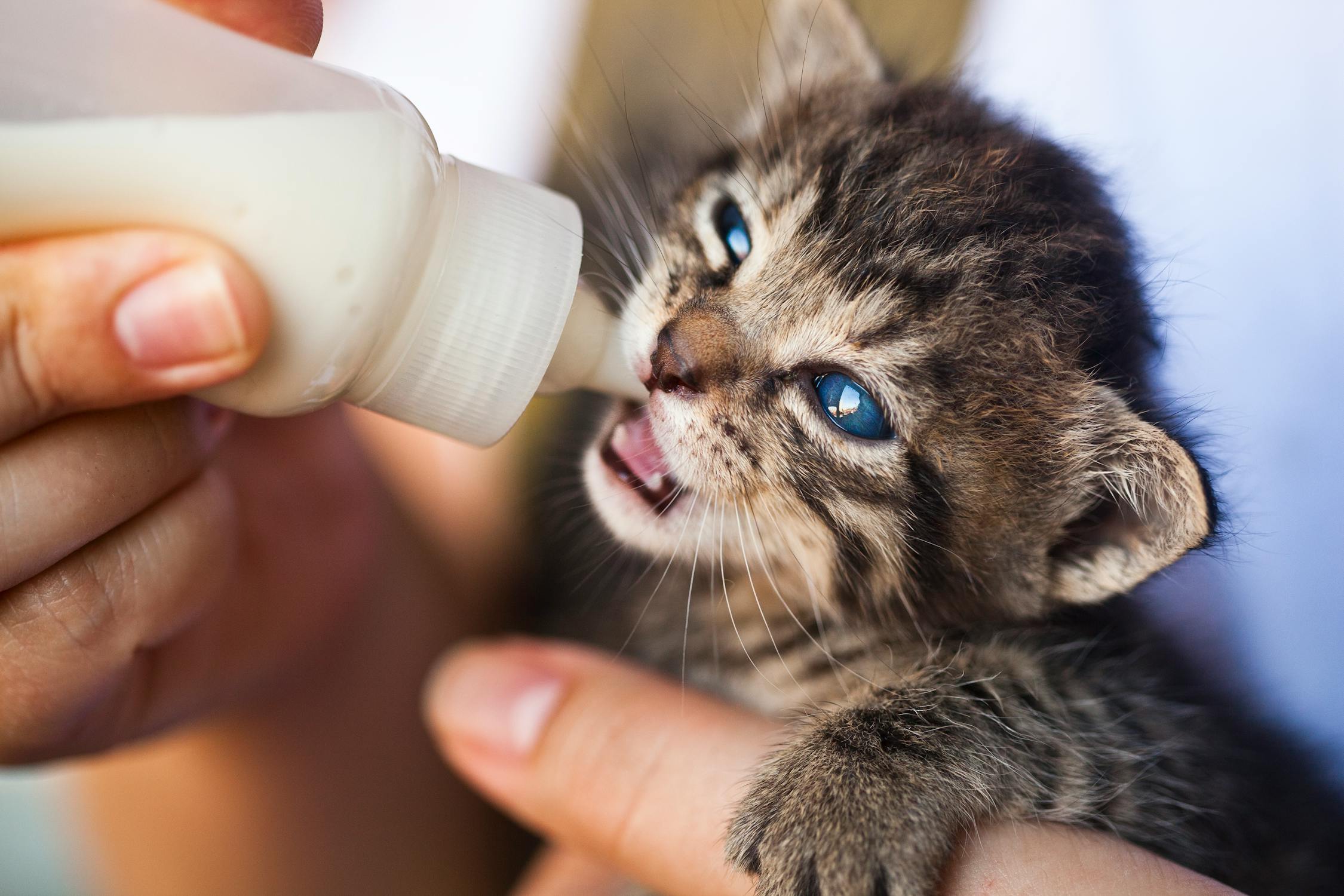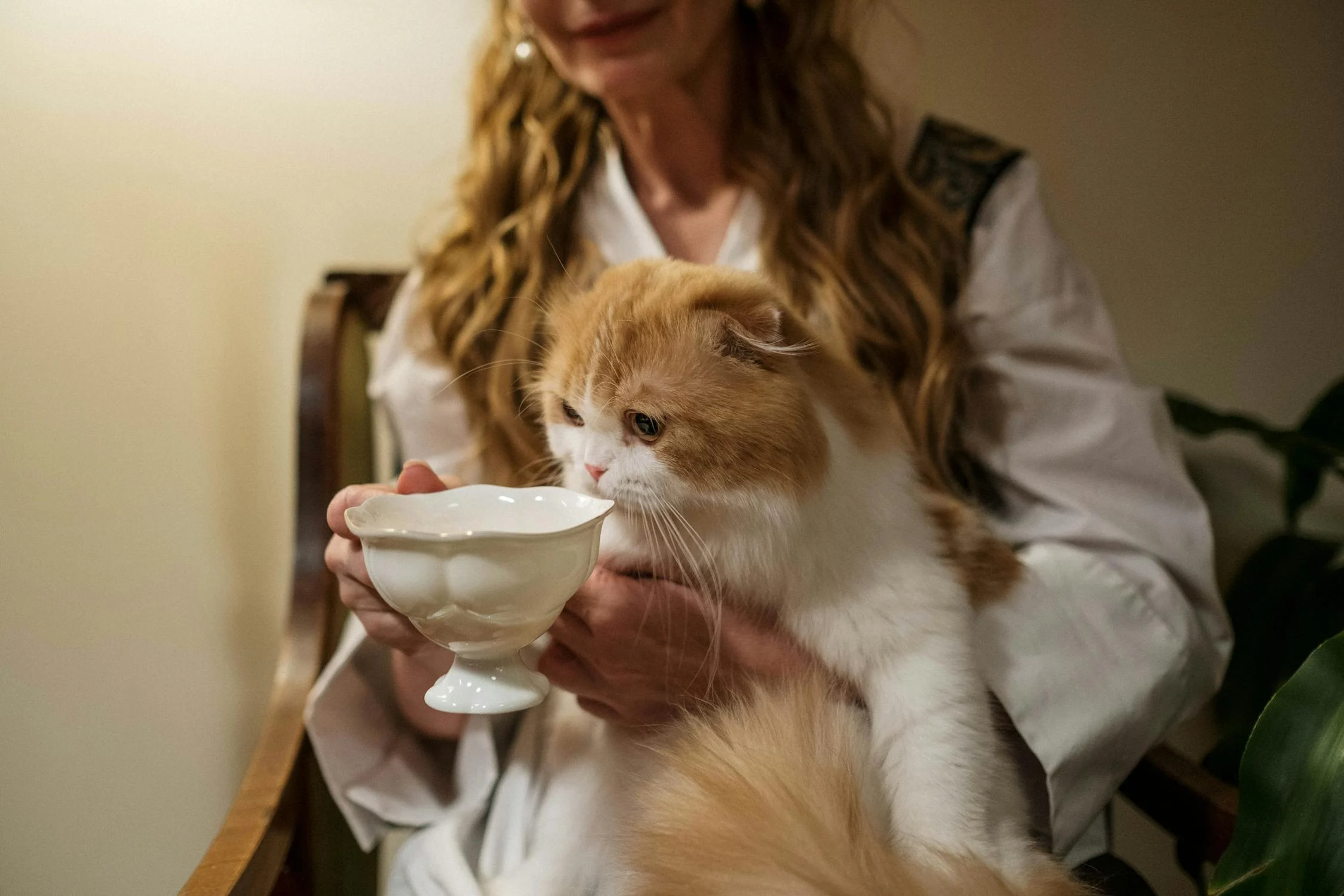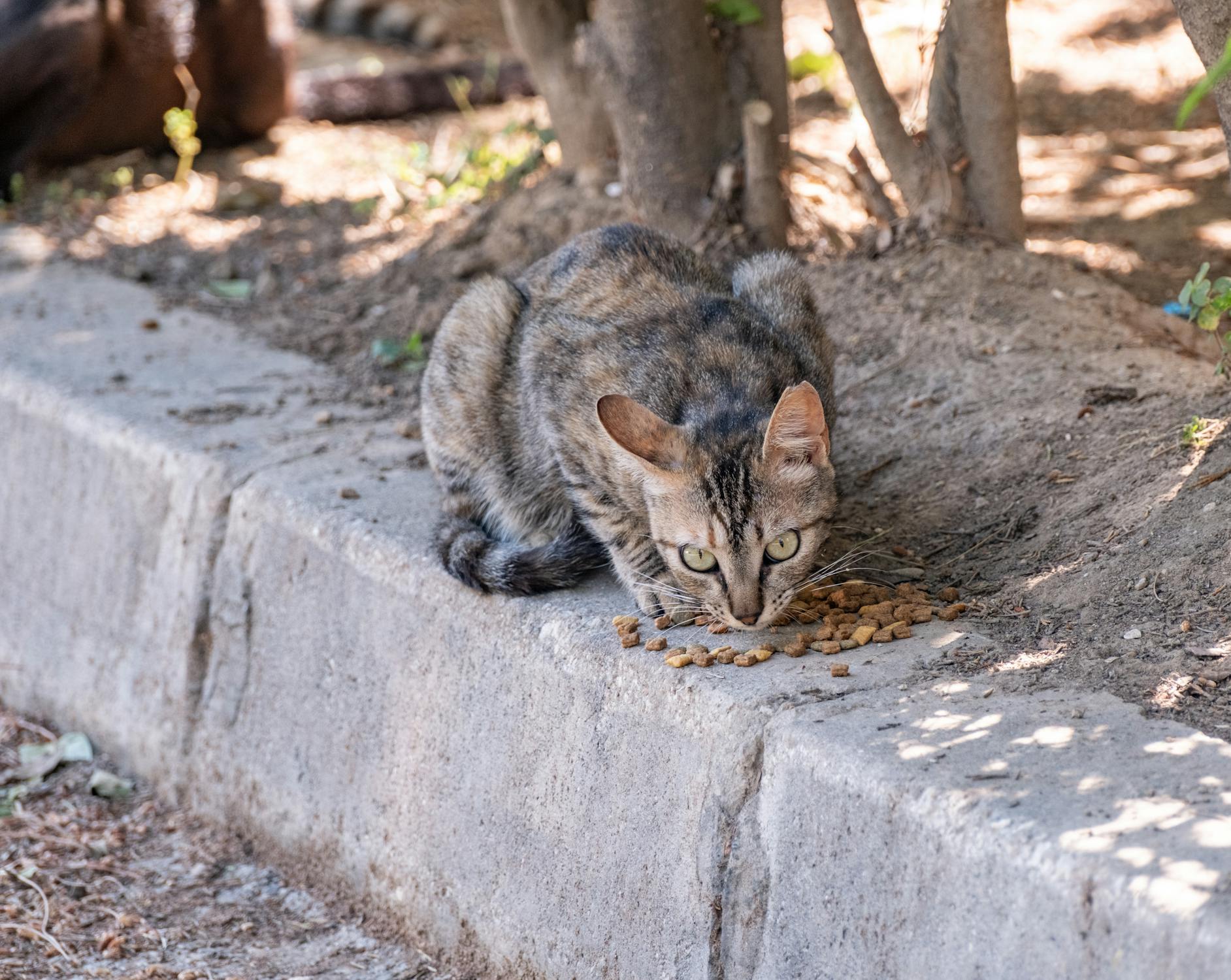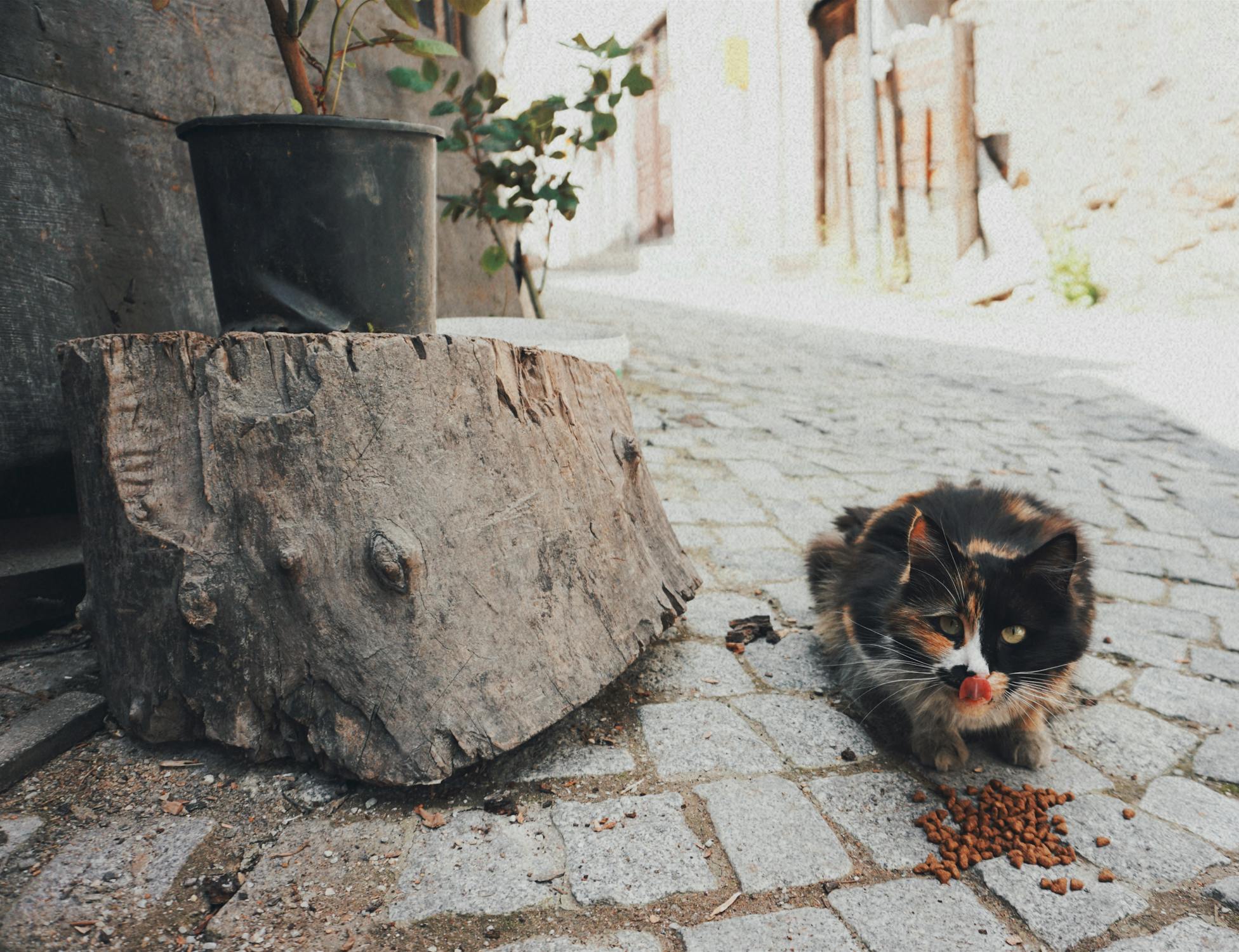-
Dogs & Puppies
-
Cats & Kittens
-
Other Pets
-
Shelters & Rescues
-
Guides & Resources

Choosing the right cat food for your pet is crucial for ensuring their health and well-being. With so many options available, it can be challenging to decide what is best for your feline friend. Here are some key factors to consider when selecting cat food:

Cats have specific dietary needs that must be met to maintain their health. High-quality cat food should provide the following essential nutrients:
- Protein: Cats are obligate carnivores, meaning they require a diet high in animal protein. Look for foods that list meat, poultry, or fish as the first ingredient.
- Taurine: An essential amino acid that cats cannot produce on their own. It is crucial for heart health, vision, and reproduction.
- Vitamins and Minerals: Ensure the food contains adequate vitamins (like A, B, and E) and minerals (such as calcium and phosphorus) to support overall health.
- Fat: Provides energy and supports a healthy coat and skin. Omega-3 and Omega-6 fatty acids are particularly beneficial.
Cats have different nutritional needs at various stages of their life:
- Kittens: Require food rich in protein and fat to support rapid growth and development. Kitten-specific formulas are designed to meet these needs.
- Adults: Need a balanced diet to maintain health and weight. Adult cat food should provide a good mix of protein, fat, and carbohydrates.
- Senior Cats: Often benefit from diets lower in calories but higher in fiber to support digestive health. Senior formulas may also include joint-supporting nutrients like glucosamine and chondroitin.

Some cats may have specific dietary requirements or health issues that necessitate special food:
- Weight Management: For overweight cats, choose a formula lower in calories and fat but high in fiber to help them feel full.
- Allergies and Sensitivities: If your cat has food allergies or intolerances, look for hypoallergenic or limited-ingredient diets that avoid common allergens like grains, chicken, or beef.
- Urinary Health: Cats prone to urinary issues may benefit from a diet designed to maintain urinary tract health, often formulated with controlled mineral levels.
Both wet and dry cat foods have their pros and cons:
- Wet Food: Higher moisture content helps keep cats hydrated, which is beneficial for urinary and kidney health. It is often more palatable and can be easier for older cats to eat.
- Dry Food: More convenient and cost-effective. It can also help with dental health by reducing tartar buildup. However, it is lower in moisture, so ensure your cat has access to plenty of fresh water.

- Natural Ingredients: Look for cat foods made with high-quality, natural ingredients without artificial colors, flavors, or preservatives.
- By-products and Fillers: Avoid foods with excessive fillers like corn, soy, and wheat, as they provide little nutritional value and can cause digestive issues.
Choose reputable brands with a history of quality and safety. Research the company’s recall history and read reviews from other cat owners to ensure you are selecting a reliable product.

The best cat food for your pet depends on their individual needs, preferences, and any specific health considerations. Consult with your veterinarian to determine the most suitable diet for your cat. Providing a balanced and nutritious diet will help ensure your feline friend leads a healthy and happy life.
By considering these factors, you can make an informed decision and choose the best cat food for your beloved pet.